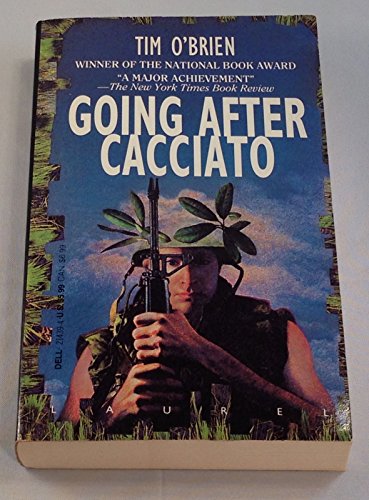By Tim Reynolds
 Ghost tells the story of Castle Crenshaw, who one day winds up on an elite New York City track team, which he tells to call him "Ghost", I think to highlight that kids like him -- underprivileged and underserved -- aren't really "seen" by our society. Anyway, Ghost turns out to be a heck of a sprinter, and track winds up putting him on the straight and narrow path that we can only assume will lead to a better life for him in the future.
Ghost tells the story of Castle Crenshaw, who one day winds up on an elite New York City track team, which he tells to call him "Ghost", I think to highlight that kids like him -- underprivileged and underserved -- aren't really "seen" by our society. Anyway, Ghost turns out to be a heck of a sprinter, and track winds up putting him on the straight and narrow path that we can only assume will lead to a better life for him in the future.I really enjoyed the story. But I do wonder about it's message. I'm always skeptical about the teacher or coach-as-hero narrative. As if one person can totally turn around another person. And as if that is what we teachers/coaches are supposed to do. And what about the fact that it is athletics that save this kid? In reality, it's going to be basic literacy skills -- reading, writing, speaking and listening -- that will mean success later on. It seems like the school figures in this story are an impediment to progress rather than a vehicle for it. I, obviously, object to that. I'm trying to engage students in the world of economics, society, and politics the same way the coach in this story engages his pupils in track. But why are athletics so much more valued by students -- and society as a whole. It needs to change!
